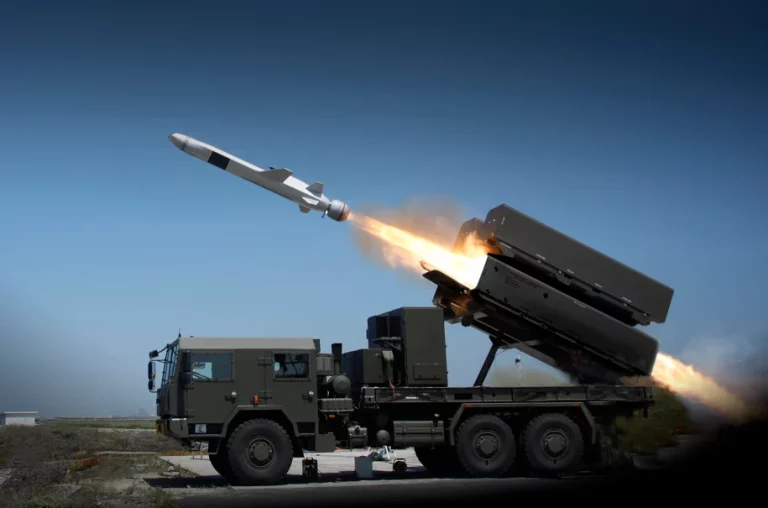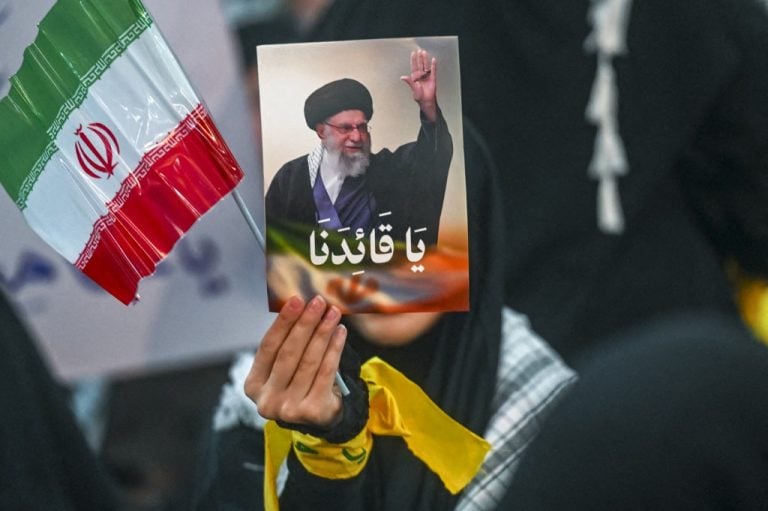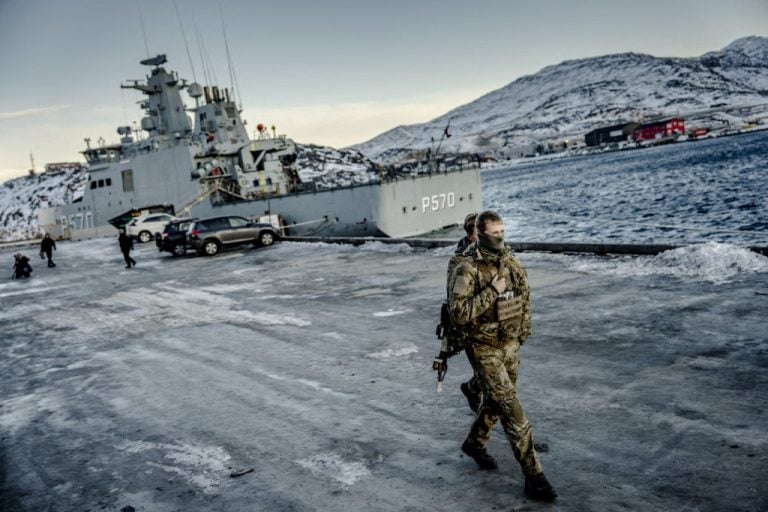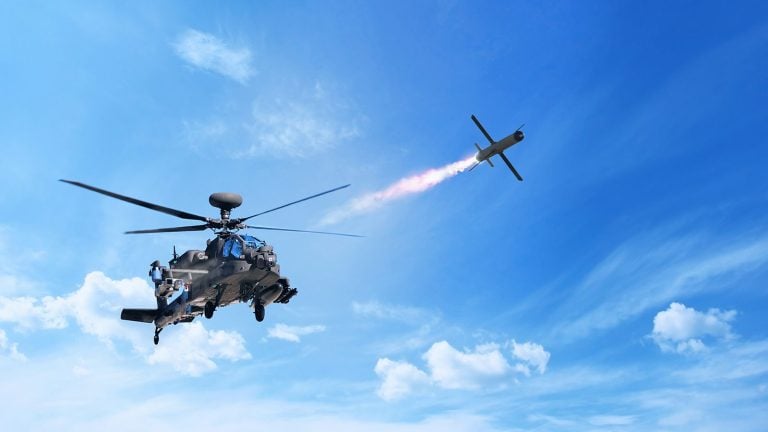Spain has taken a significant step in its foreign policy concerning the ongoing tensions in the Middle East by prohibiting the use of its military bases for the transfer of US weapons to Israel, as reported by El País. This decision affects both aircraft and ships, regardless of whether the shipments are destined for Israel or merely transiting through Spain or third countries.
The military bases impacted by this measure include the strategically important facilities located in Rota, along the Atlantic coast of Cádiz province, and in Morón, situated in southern Spain. While these bases host US forces, they remain under the sovereignty of Spain. As such, the Spanish government retains the authority to decide what can pass through these locations, especially when shipments involve sensitive or contested cargo.
Currently, Spain does not conduct inspections on US aircraft or ships utilizing these bases, a practice that has raised concerns about the potential for Washington to obscure military cargo. However, sources familiar with the situation have indicated that it is unlikely the US would attempt to conceal such shipments, as doing so could jeopardize the long-standing relations between Madrid and Washington, both of which are committed NATO allies. Furthermore, the vast scale of US arms deliveries to Israel makes concealment a complicated endeavor.
Recent reports suggest that notable arms transfers, including the delivery of six F-35 fighter jets earlier this year, did not utilize the Rota or Morón bases. Instead, these aircraft made stopovers in the Azores, raising questions about logistical choices involved in these military operations.
Spain’s shift in policy comes against the backdrop of its strong criticism of Israel’s military actions in Gaza. The Spanish government has been vocal in its call for the European Union to adopt firmer measures, including the suspension of the EU-Israel cooperation agreement. In line with this stance, Madrid recently enacted a comprehensive arms embargo on Israel, which Prime Minister Pedro Sánchez described as part of a broader initiative to halt what he has referred to as “genocide in Gaza.”
The embargo prohibits all exports of military equipment and dual-use goods or technologies to Israel, along with their import into Spanish territory. Additionally, it bars the transit of aircraft fuel with potential military applications and prohibits the import of products stemming from Israeli settlements in the occupied Palestinian territories.
In a further move reflecting its position, earlier this year, the Spanish government suspended the production license of Rafael’s subsidiary, Pap Tecnos, for 168 Spike LR2 missiles intended for the Spanish armed forces under a $325 million contract. The government also canceled a $7.7 million contract for munitions with the Israeli company IMI Systems, signaling a dramatic shift in Madrid’s approach to its defense relations with Israel.







